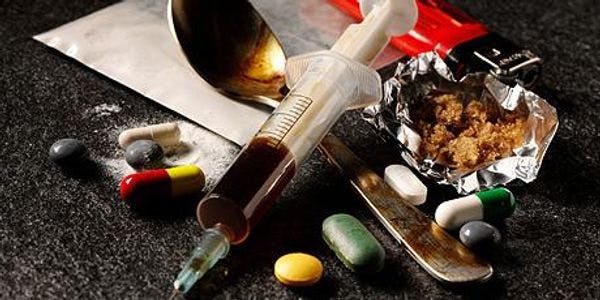UK Home Affairs Committee calls for Royal Commission to examine UK drug policy
Whilst it supported a number of steps the Government has taken in its 2010 drug strategy, it believes more needs to be done to comprehensively address the drugs problem in the UK. The report focuses on the need to ‘break the cycle’ of drug addiction, and highlights in particular the need for improved treatment in prisons and wider society, and for early intervention with better education and preventative work.
Key areas
- Prisons: The Committee was disturbed to find that almost a quarter of prisoners found it easy to get drugs in prison and recommended that measures such as regular random drug tests based on suspicion be increased. It was concerned that the Government’s policy of recovery was not being implemented, in particular that drug rehabilitation in prison was undermined by the lack of support for offenders on release, and did not take into account prescription drug addiction. It has called for a mandatory drug test on arrival and release from prison and supports the Justice Secretary’s proposal to have offenders met at the prison gate. The Committee also highlighted the need for those dependent on drugs, and those in prison treatment, to have immediate access to treatment on release.
- Treatment: Although the Committee welcomed the fall in heroin and crack users and the increase of those in treatment, it is concerned that the goal of retaining addicts in treatment has precluded attempts at recovery. It supported the Government’s objective of recovery but noted that this will require a range of treatment options, with each individual needing a tailored treatment plan. The Committee highlighted residential rehabilitation and the use of buprenorphine as an alternative to methadone as two treatment methods which were currently under-utilised. Treatment must also be supplemented by housing, training and employment support if required as the end goal of recovery is re-integration into society. It has recommended the Government consider developing a league table of Health & Wellbeing Boards’ performance on local drugs provision.
- Royal Commission: The Committee has called for the establishment of a Royal Commission to consider the best ways of tackling drugs policy in an increasingly globalised world. In order to avoid a long, expensive review process, it recommended that such a commission be set up immediately and be required to report in 2015.
The Committee also recommended a renewed focus on the issues of:
- new psychoactive substances (‘legal highs’), recommending that retailers be liable for the harms caused by untested psychoactive substances they have sold
- the alarming increase in availability of and addiction to prescription drugs
- the UK’s approach to money laundering which has been far too weak, recommending the Government bring forward new legislation to extend the personal, criminal liability of those who hold senior posts in the banks and have been found to have been involved in money laundering
- Ministerial responsibility for drugs policy, recommending that it is led jointly by the Home Office and Department for Health.
The Committee paid tribute to the work of SOCA abroad and underlined the need for drugs policy to take account of the global drugs situation
Rt Hon Keith Vaz MP, Chair of the Committee, said:
"After a year scrutinising UK drugs policy, it is clear to us that many aspects of it are simply not working and it needs to be fully reviewed. We cannot afford to kick this issue into the long grass. We have recommended that a Royal Commission be set up with an end-date of 2015.
There is no doubt that we have failed to deal with the dealers and we have not focused on the users. Only with this twin approach will we break the devastating cycle of drug addiction in society. We need to improve drug education in schools, tackle drug use in prisons and meet prison-leavers at the gates with properly funded, effective community rehabilitation.
Implementation of the Government's policy of recovery is a major concern, in particular the quality and range of treatment provision available. A league table of treatment centre performance should be established, so patients don’t waste time and money on care that is not up to scratch. It is unacceptable that treatments which we know work, such as residential rehabilitation and buprenorphine, are not accessible to more addicts.
Drugs cost thousands of lives and the taxpayer billions of pounds each year. This is a critical, now or never moment for serious reform. If we do not act now, future generations will be crippled by the social and financial burden of addiction.
A number of vital areas of drug policy have been dangerously neglected. The number of deaths from ‘legal highs’ is rising sharply and the temporary class drug order is a stopgap rather than a solution. The majority of drugs profits, which exceed $380bn per year, end up in the financial system. Without a tougher approach, making the launderers criminally liable, the UK will remain in the absurd position of permitting the legitimate funding of drugs barons while fighting against them. We need to deal now with prescription drug dependency, or it will reach epidemic proportions, as it has in the US.
"Keep up-to-date with drug policy developments by subscribing to the IDPC Monthly Alert.
